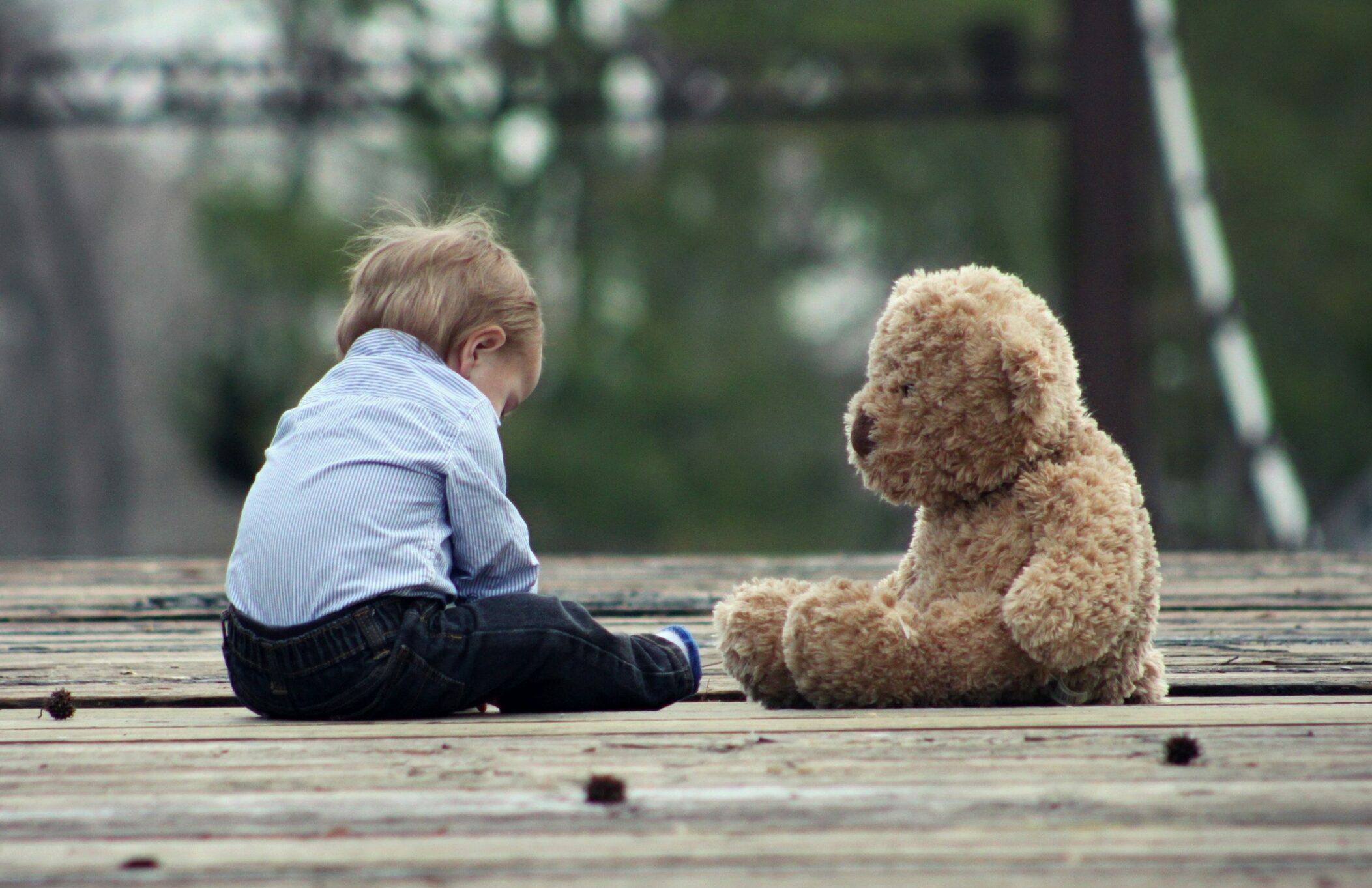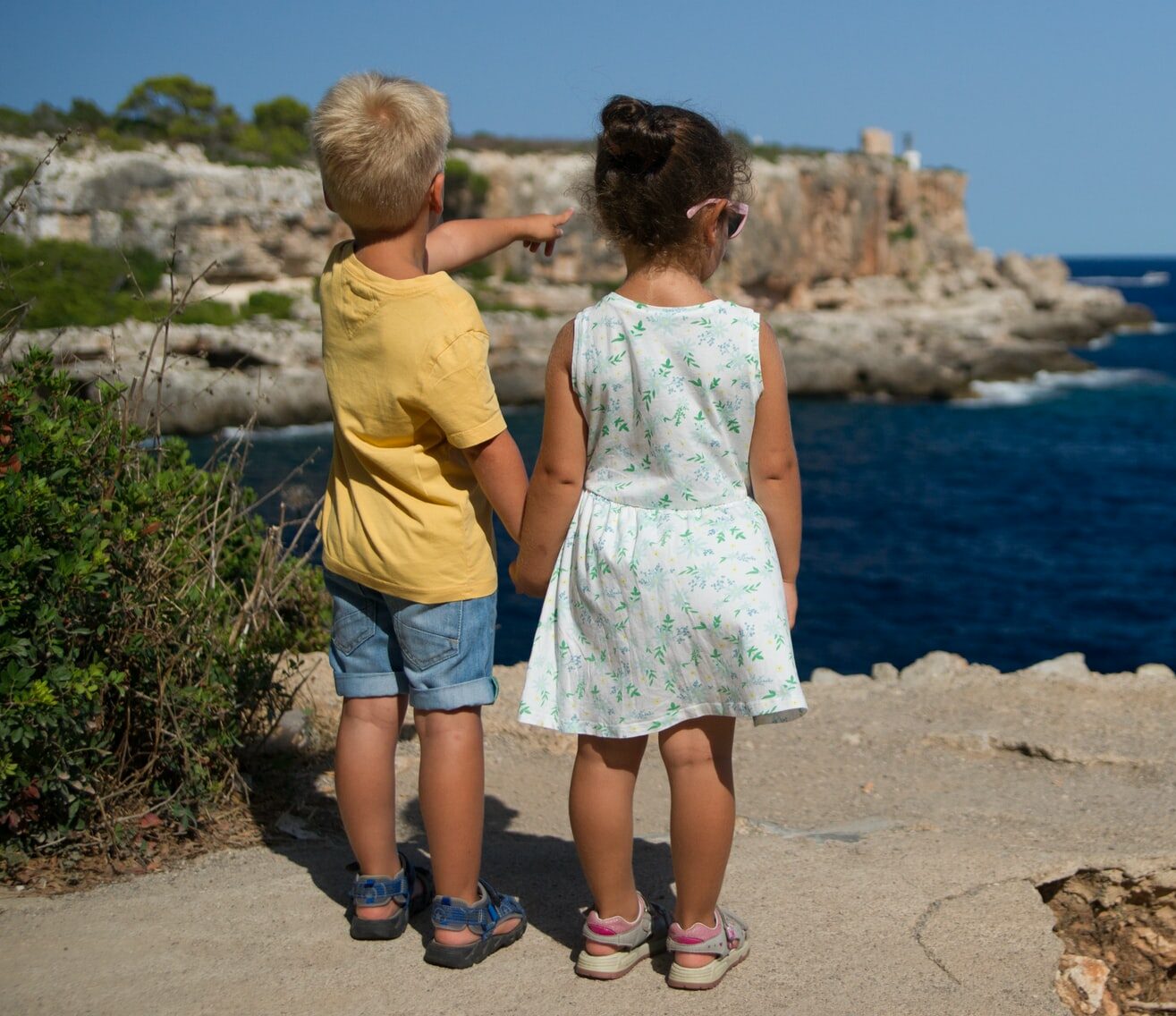
Should children attend a funeral?
It’s always worth checking with the person who has arranged the funeral, if it isn’t yourself or a close relative, to ensure they’re happy for children to attend. They may ask that children under two years old, do not attend so as not to disrupt the service, although some people may welcome children of any ages.
How can we make funerals easier for children and teenagers?
Comfort is key when preparing a child for a funeral. For example you may wish to explain to them what they can expect and even show them some pictures of (or visit) the church or cemetery to remove the surprise element.
If the child wants to be involved, it can be another good way to alleviate some of the nervousness. They may wish to help choose music, pick some nice photos of the person who has died for the order of service or even create something to be used at the funeral like a drawing, song or poem.
You may also wish to consider the noise levels sometimes associated with funerals, for example, a church organ may seem louder to a young child compared to an adult, so investing in or borrowing some protective headphones might help to keep them calm. Other considerations include quiet fidget toys, books or soft toys which can be used to keep them distracted or calm.

What age should children attend a funeral?
Usually, the attendance of a child at a funeral is decided on a case by case basis. Considering things such as discussing proper funeral etiquette with them before, helping them understand the meaning behind the funeral and ensuring that they feel comfortable telling you that they need to step out if necessary, will all create comfort and trust in the scenario.
Children develop at different rates, but there are some key milestones whereby you can gauge how appropriate or suitable it is to take your child to a funeral:
– Infants and toddlers do not have an understanding of death, however, they will notice the absence of someone who may have been prevalent in their life so far, this could be a parent, sibling, grandparent or primary carer.
– Children aged between 2 and 5 years will express more curiosity and can develop the ability to defer between ‘living’ and ‘dead’, but can not always understand the permanence that comes with death.
– Children of primary school age, between 6 and 11, can often grasp that death is final and that the person cannot come back. They may be more keen to talk about the death, and ask questions, sometimes the same ones multiple times, which is often a way of reassurance that the scenario hasn’t changed.
– Older children and teenagers have usually developed an understanding of death, comparable to an adult. They may have their own views on how they perceive death and cope with grief. They will also have the sufficient language and knowledge to more accurately speak about their feelings, and may challenge the beliefs of others as a result. This can also be an opportunity for them to develop more compassion and empathy for others, which will help them throughout life.
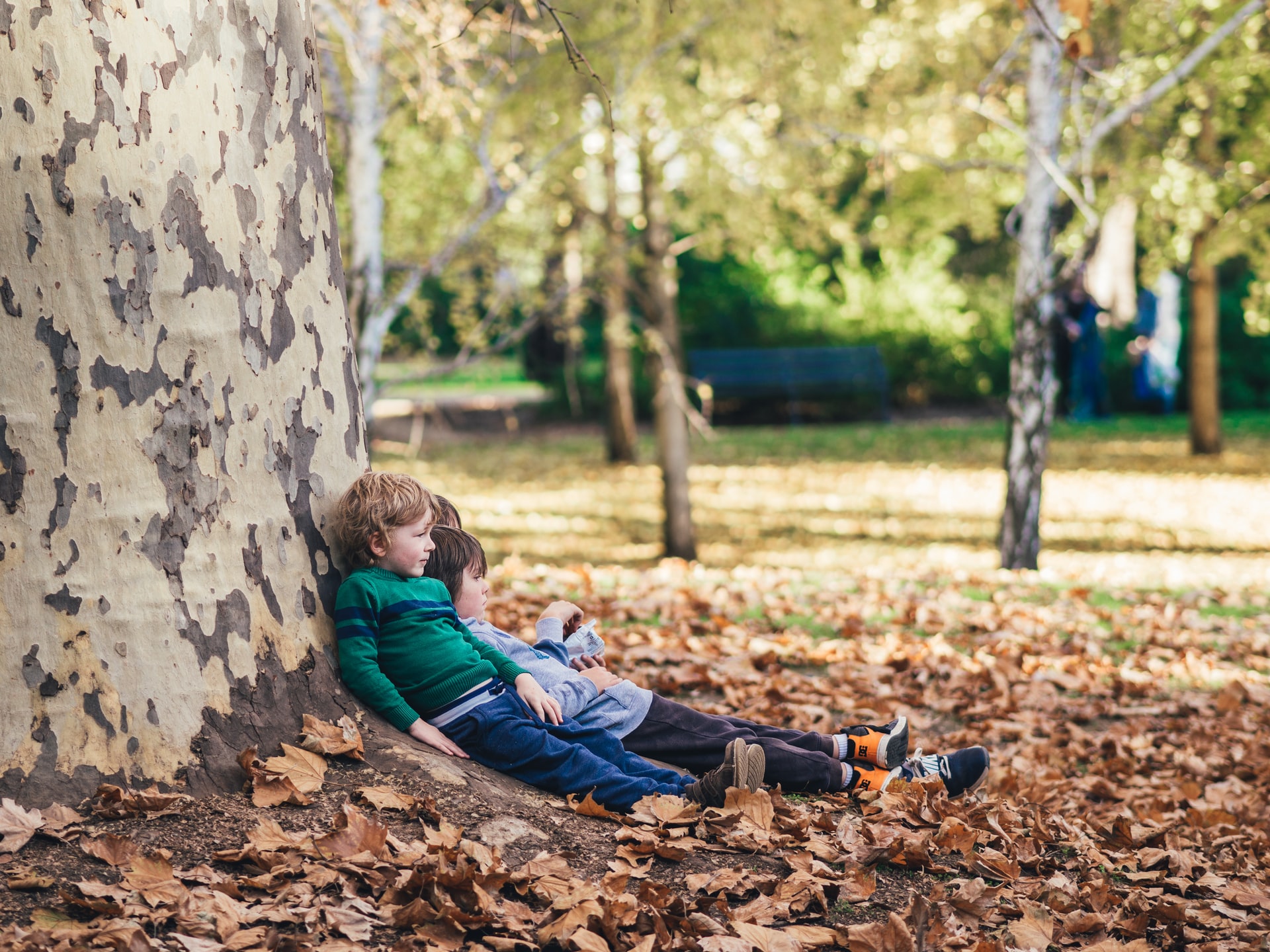
Can my child miss school for a funeral?
Schools and educational establishments, similarly to workplaces will typically allow time off for circumstances such as bereavement and funerals. It’s important to communicate this to the child’s school ahead of time, where possible. This will allow the staff at the school to support the child during this difficult period and ensure they have time to catch up on any vital work without adding additional stress.
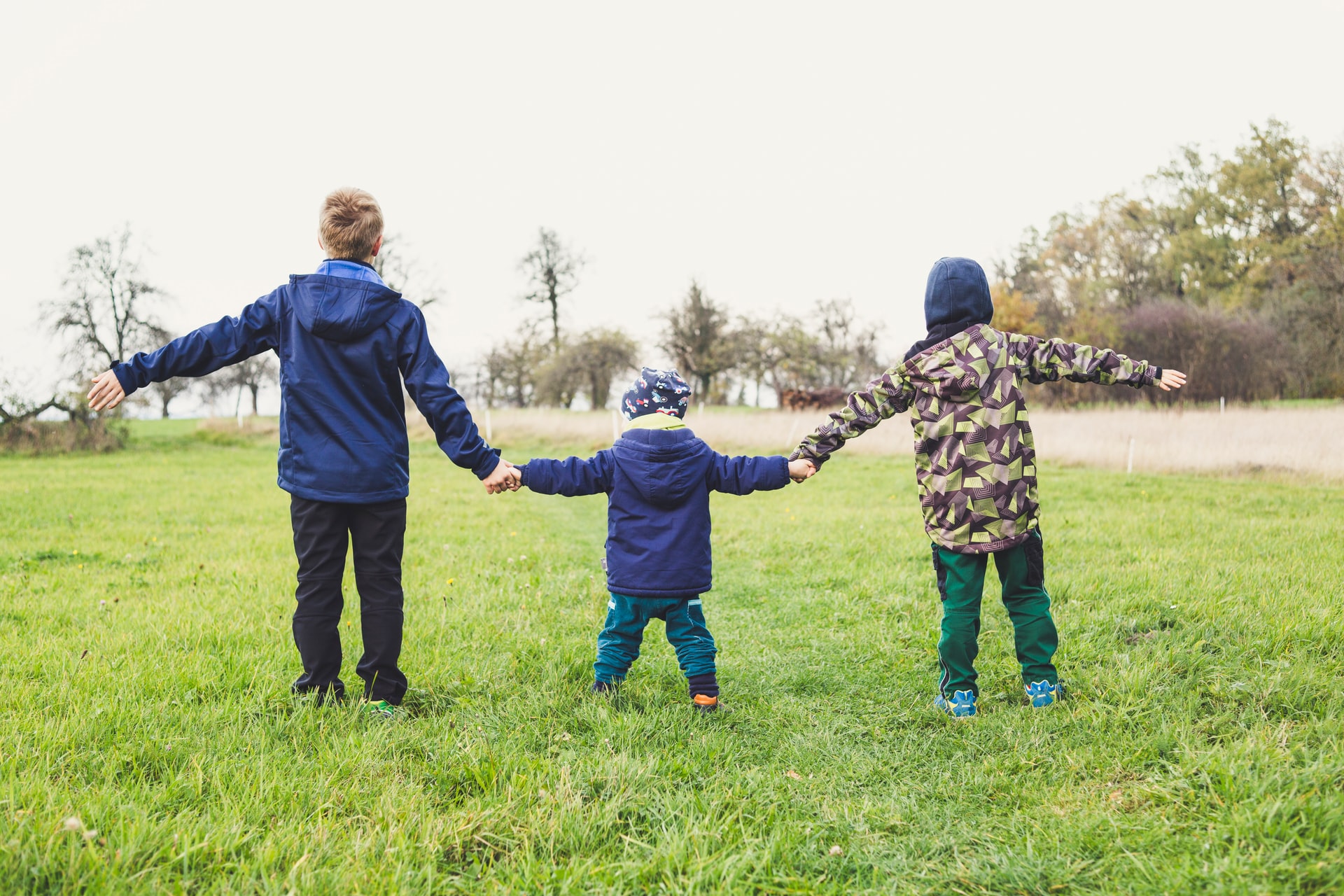
How should my child dress for a funeral?
As many of us will know, the standard funeral attire is dark or black clothing, so this will also apply to children. However, if your child feels more comfortable in a certain outfit that does not follow that dress code, it is unlikely that anyone will mind. It may be that a certain sweater or pair of shoes make your child feel more at ease, which is the most important thing.
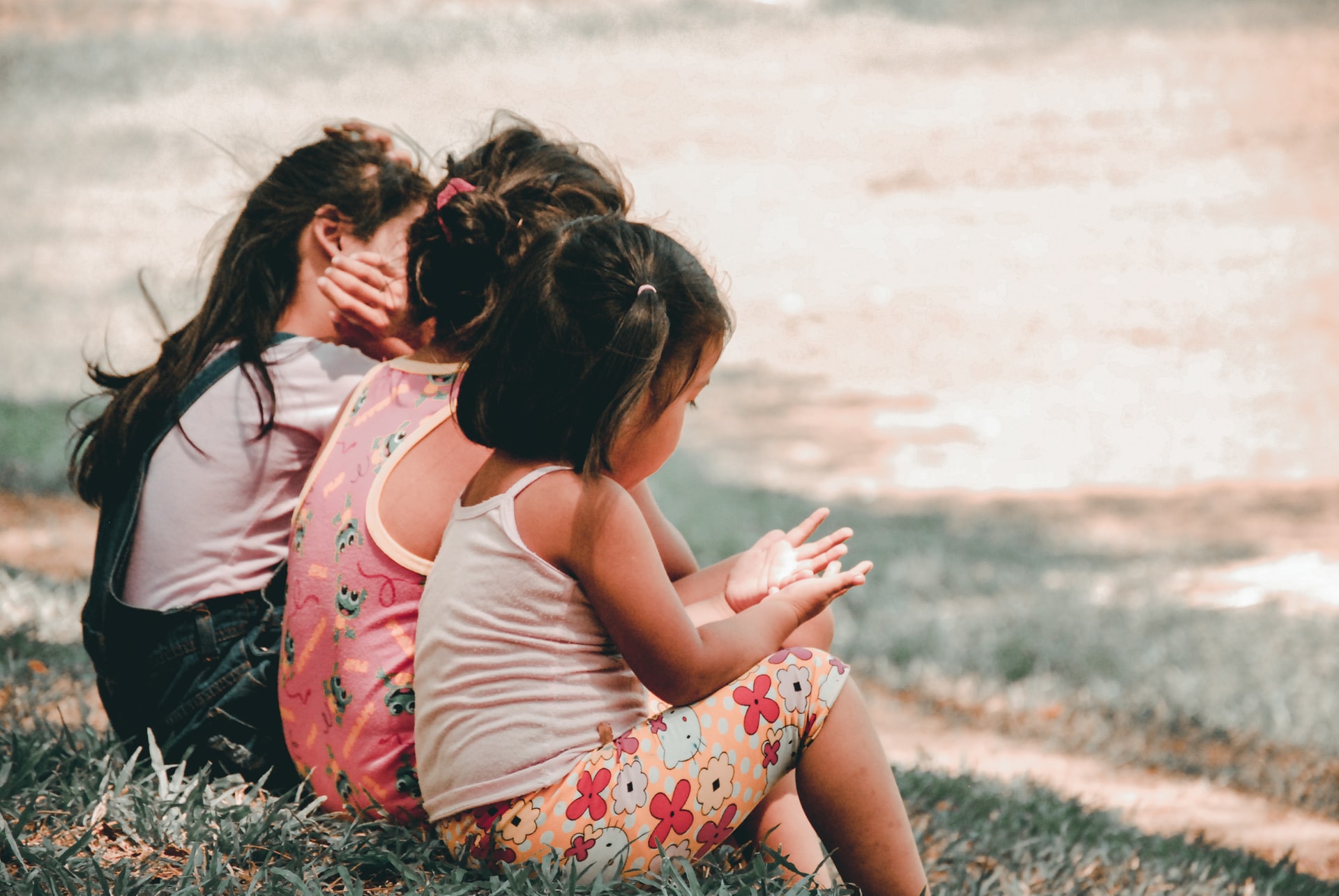
How to begin a conversation about death with a child
With all children being vastly different, the way in which you approach the conversation with a child will depend on their own emotional development. Some children may already have experienced a loss, which could be a family member, friend or a pet.
Others may not have had a personal connection with a death, but through the wealth of content such as tv shows, movies, cartoon, video games and books, it’s likely that they have had some exposure to the subject.
Using media to support your child’s bereavement journey
There is a wealth of media and options suited to almost any religious denomination or belief, most notably, Disney, who’s mainstream movies often tackle the subject of death in a family orientated approach.
Films such as Up!, The Lion King, Coco, Finding Nemo, Moana, Bambi, Big Hero 6 and more, all tackle death in a different way, from losing a grandparent to old age to tragedies such as accidents and natural disasters. Many of the stories, in fact, utilise those tragedies as a catalyst for growth and learning, which can help children understand that from something bad, can come something good, just different.

Resources
There are lots of further resources online which can be useful for finding the right approach for you, your child or children and your family. Below you can find just a few of the resource available:
Child Bereavement UK
Child Bereavement Network
Winston’s Wish
NHS – Children’s Bereavement Resources
MacMillan – Preparing a child for loss
Young Minds – Counselling & Therapy Guide
If you would like to bring your child to a funeral arranged by Gateway Funerals, but would like some advice or a conversation about the process, please get in touch with our team on: 0800 007 6842 or email info@gatewayfunerals.co.uk
